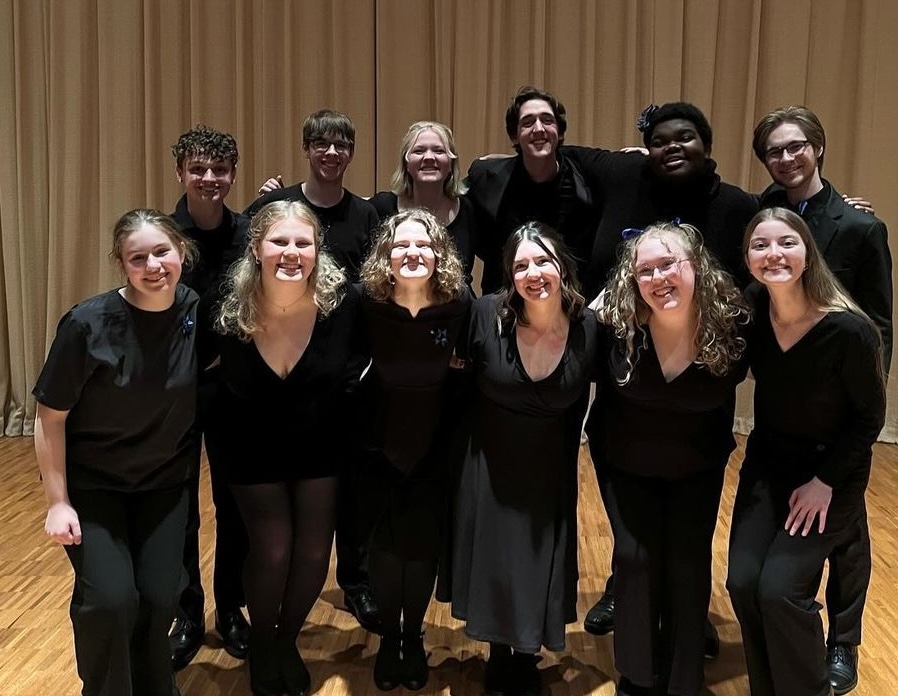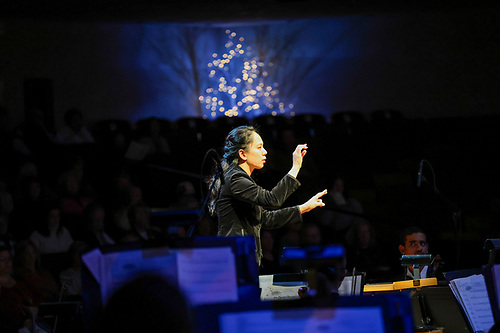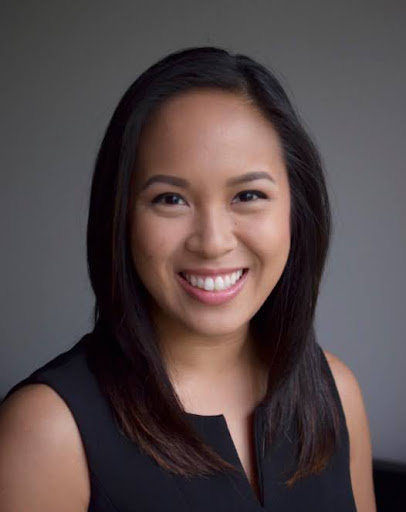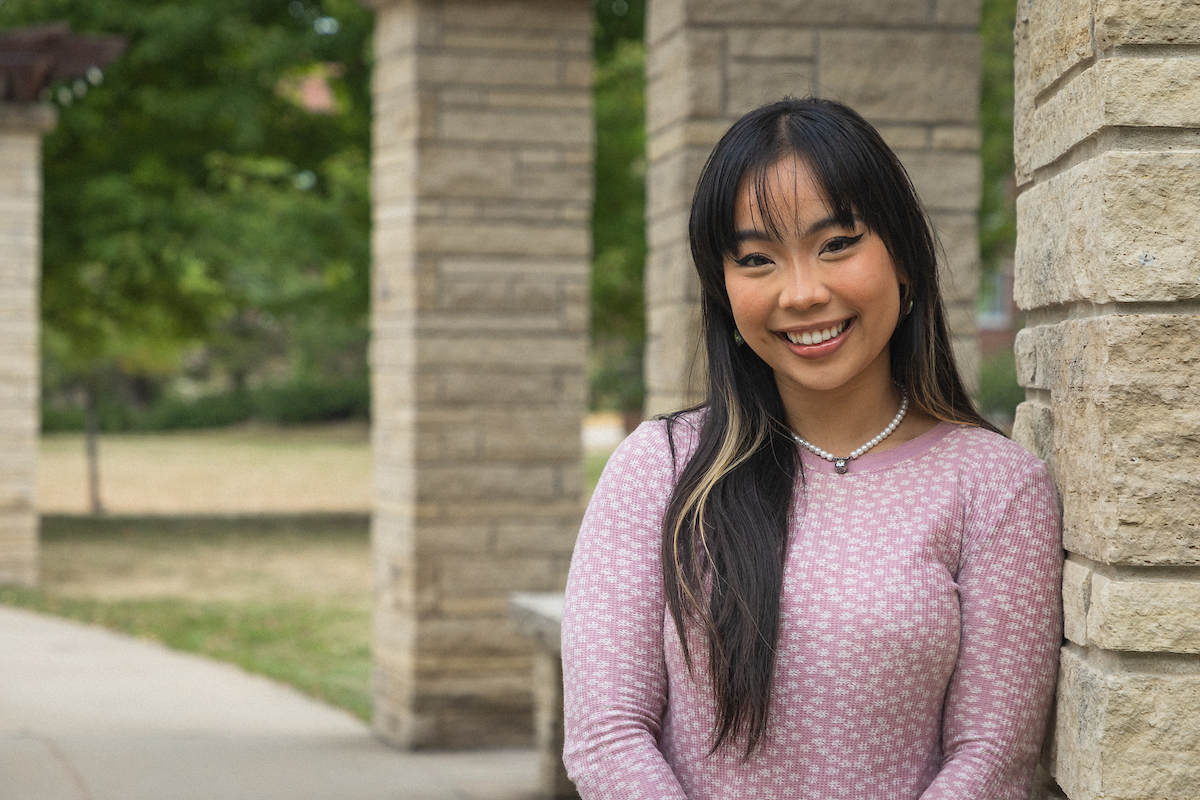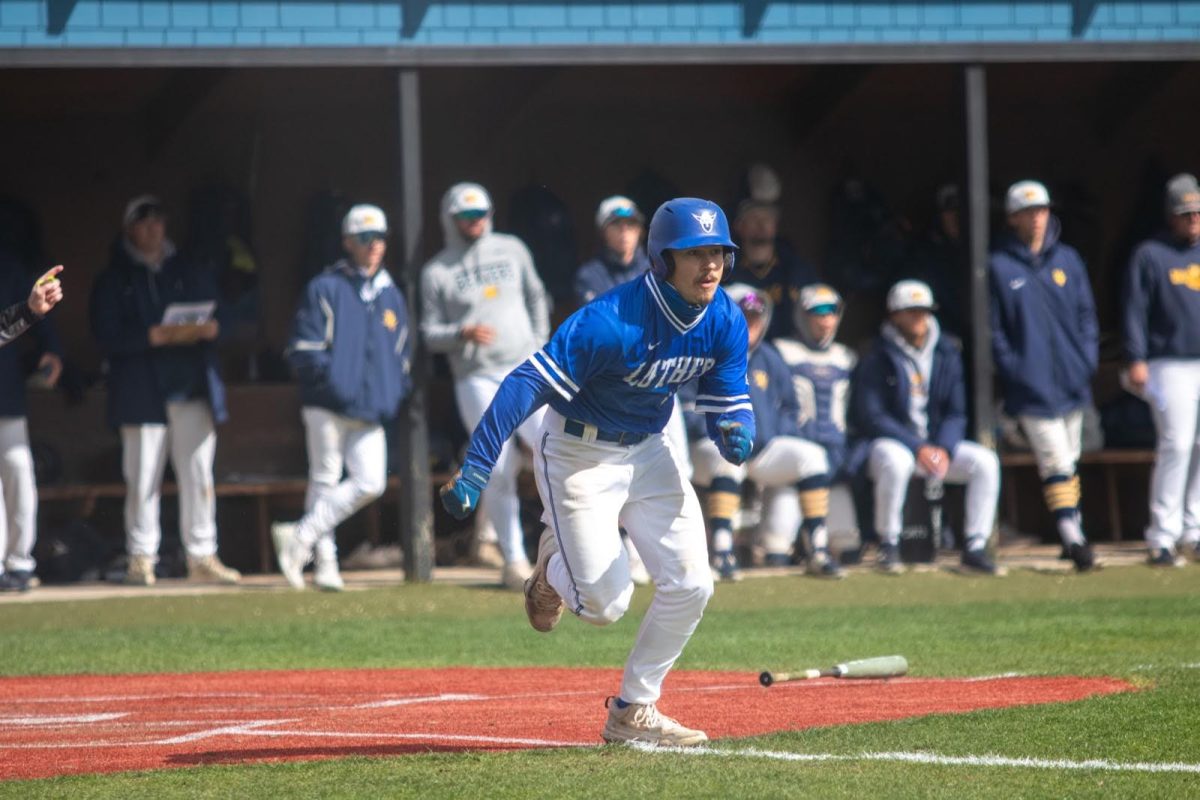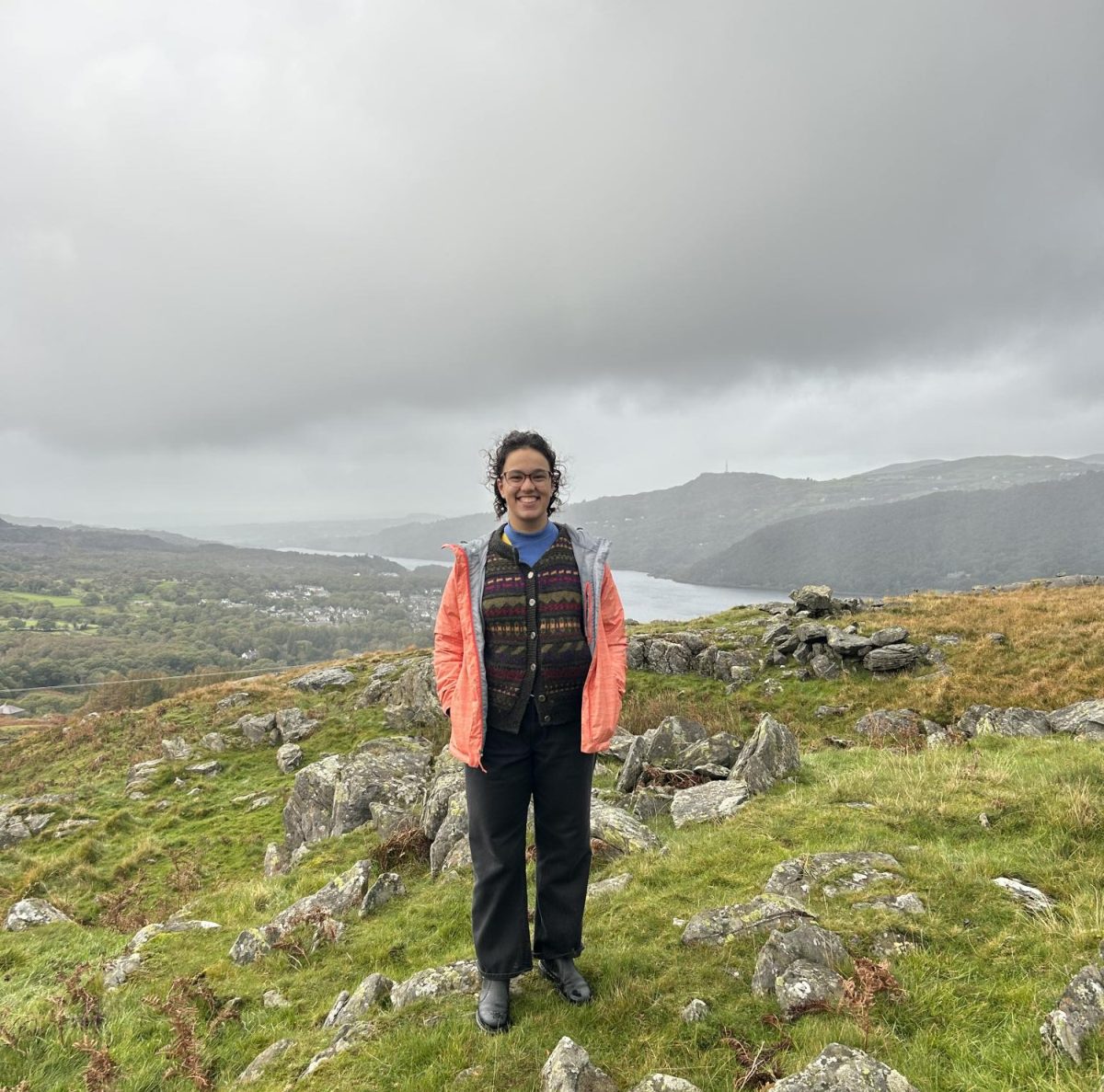At the start of the 2024-25 academic year, Luther welcomed a brand new communication studies faculty member to campus: Visiting Assistant Professor of Communication Studies Jesse Reese. They teach the Interpersonal Communication as well as Relational Theories and Methods courses this fall. Reese is currently a visiting professor slated for one year of teaching here at Luther.
Prior to coming to Luther to teach, Reese studied at Campbellsville University, Vanderbilt University Divinity School, and received their doctorate at Bowling Green State University. They have also spent time with the Peace Corps in Jamaica.
Responses have been edited for clarity and length.
Q: Why did you choose to study in the field of Communications?
Dr. Reese: When I left Vanderbilt Divinity School, the one thing I knew I didn’t want to do was go back and get a PhD in theology, which had been what I had done up until that point. But I just realized I wanted to get out of that corner of the academy [and go] to humanities or social sciences other than theology. When I was in Jamaica, I was coming back to sociology, psychology, cultural studies, but also communications studies. It was always about ‘how does the way we talk shape the world we live in?’ and I really wanted to pursue that at the level of research and teaching. That’s what brought me to Bowling Green State University.
Q: Why teach at Luther?
Dr. Reese: I applied all over the country, but to be honest, I was pretty sold on Luther right away. I could tell that the small town liberal arts college culture with strong student-teacher relationships was the right fit. That and there’s just enough room for professors to conduct their own research, but more importantly collaborate with students on research. [I] also just really love the small town liberal arts environment. Immediately when I looked at the school and looked at the job description, I said: “That sounds like a great opportunity!” and admittedly, visiting professor positions are also pretty good for young professors to get their feet wet.
Q: What have been some of your favorite things about Luther and Decorah at large so far?
Dr. Reese: I am really excited by how much you are able to do with the small and intimate environment working with fellow teachers and students. I’ve gotten to know students much better here than I was able to at my previous institution where I was teaching classes of up to 100 people. I really love this environment and the students here. Everyone is very passionate and engaged in what they’re doing but also very warm and collegial. Everyone is ready to work together and support each other; I really enjoy that aspect of this setting. Also, my wife works at Seed Savers Exchange, and I really love the farm out there – I love the outdoor environment around Decorah as well.
Q: What do you like to do outside of campus when you aren’t teaching?
Dr. Reese: Occasionally, I like to really enjoy the outdoor scenes, but I’m more of a sedentary person than I am athletic or active. I love science fiction and fantasy cinema, as well as prestige cinema in general, so I’m a really big film lover, and I’ll spend a lot of time on that and similar TV shows as well. I dabble in all sorts of creative things, and I kind of rotate through my creative hobbies because I obsess over one for four or five months at a time and then suddenly it’s on to something else. I’ve had a whole lot of fun learning to draw with colored pencils recently, like using student-grade colored pencils and actually learning how to try to draw and color and all that. I also, even though I don’t want to do it academically, really enjoy reading theology and exploring spirituality and religion and how people integrate them into their day-to-day lives.
Q: If you were a student here at Luther, would you have a favorite part of campus so far?
Dr. Reese: I haven’t seen enough of campus so far to say with 100 percent certainty but I can say that the balcony over [Oneota Market], that [cafeteria], that’s a pretty tough to beat place. I really love a great view, a great scene.
Q: So what are some of your goals while you’re teaching here?
Dr. Reese: My primary goal is to make sure that every undergraduate student gets as complete an experience with me as they can, regardless of whether I end up only staying here the one year that I am currently contracted for or if I keep going. I know that for the students that are here, this is the one chance that I have to be part of their education here and part of the reason I was hired was because there was no one to teach these interpersonal and research classes. I have a few students that are very interested in pursuing research projects in my upper-level class and I’d love to, if I ended up staying, take advantage of those opportunities to develop courses overseas like for those J-Term courses. My goal here, as a professor, is to support students in bringing them closer or being able to use my knowledge, my skills, my experience to get them invested in whatever they’re interested in. So as a teacher, I’m very interested in establishing a mentor relationship while I’m here.
Q: Going off of that, if you were able to stay here longer or lead a J-Term, do you have anything that you would like to teach while you’re here besides these research and interpersonal classes?
Dr. Reese: I already know that next semester I’ll be expanding into workplace and family communication if everything continues to go as planned. I’m particularly interested in two wings, religion and relationships and how they influence each other, and relational marginalization and how people make new ways of existing with other people out of a culture whereby large, only a few models of relationship are acceptable. In the future — if I ever got a chance to do a J-Term — I would really like to study family diversity in a different environment. I served in the Peace Corps in Jamaica, and I would honestly love to be able to do some research and study there and also give students an idea of Jamaican culture and an introduction to that setting as well. So I can imagine myself studying about family and religion in that setting because that is another place where they are all mixed up together. They have very different family structures than are typical here, and it would be interesting to look at all of those things in that setting.
Q: Is there anything that you’d like to share with students who may be curious about your classes for future semesters?
Dr. Reese: The major thing I would like every student to know is that in my teaching, I am very student-driven. If you tell me what your goals and aspirations are, it will show up in later classes to the best of my ability. I’m not just interested in students finding jobs, but I’m convinced that a huge part of education—- which unfortunately is a little bit neglected today — is that it really helps us be more informed, respectful, and insightful citizens in our democracy; I’m really committed to that as well. Also what people are interested in terms of seeing the world be a different place or how they can make the world better. I’d really like to feed into students’ aspirations for how they’d like to make a difference in the world. I really keep my eye on those things, as well as the more natural question in interpersonal settings: how can I improve my own communication with people? That would be the major thing I would want people to know: talk to me about what might matter to you in this class and I will do my best to make it happen.


